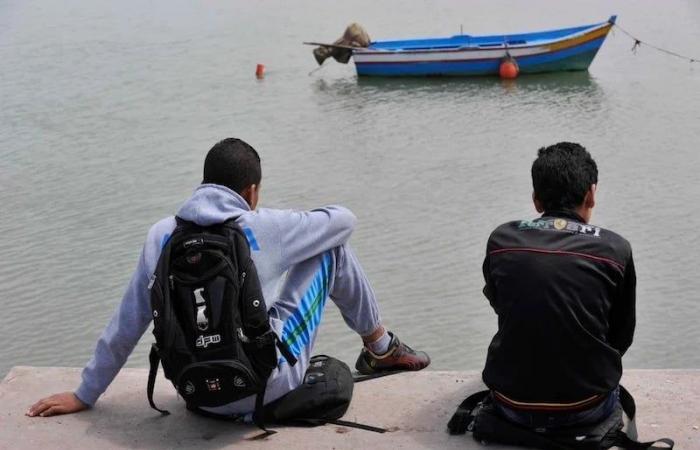The Strategic Risk Analysis 2024, published by the European Border and Coast Guard Agency (Frontex), now places Morocco in 7th position in terms of source countries of irregular migration.
The Frontex report serves as a comprehensive assessment of the dynamic threats and challenges that the European Union’s integrated border management will face in the coming decade.
It provides an in-depth analysis of the multidimensional risks that will influence the future configuration of the EU’s borders, highlighting crucial issues such as migration, cross-border crime, terrorism and hybrid threats.
On the other hand, it urges the adoption of a proactive and adaptive approach to border management, relying on intelligence-led policing, enhanced international cooperation, as well as valorization of technological innovation.
According to the document, Frontex ranked Morocco among the 20 most significant countries of origin in terms of irregular migration, placing it seventh on this list. According to the European Agency, current migration dynamics, both in terms of countries of origin and the main routes taken to the European Union, are likely to remain constant over the next decade.
Furthermore, Syria is at the top of this ranking drawn up by Frontex, followed by Guinea, “sub-Saharan nationals from unspecified countries”, Ivory Coast and Tunisia in 5th position. Afghanistan is ranked 6th ahead of Morocco, while Bangladesh, Egypt and Turkey. Pakistan, Senegal, Burkina Faso, Mali, Sudan, Algeria, Cameroon, Palestine, Gambia, and Eritrea complete the list of 20 countries identified by the European Agency.
On the same aspect, Frontex explained that the organization of Perilous sea crossings across the Mediterranean and West African routes will continue to be the leading cause of migrant deaths at sea. Unscrupulous smugglers will resort to dilapidated and dilapidated boats to maximize their profits illicit activities, thus neglecting the dangers faced by migrants. In particular, the use of cargo ships and trawlers puts the lives of hundreds of migrants at increased risk with each crossing.
In addition, the Traffickers will also engage in selective or opportunistic exploitation of various types of boats in specific geographic areas, such as sailboats, speedboats or boats, while adopting “swarming” tactics using inflatable boats.
This strategy aims to reduce the operational costs of their trafficking business while disrupting authorities’ responses. Inflatable boats will be commonly used to meet a growing demand for facilitation services, particularly in response to massive flows of migrants by sea.
With this in mind, Frontex considered that cooperation with these countries is crucial for the management of migration, asylum and returns within the EU. The complex challenges posed by migration pressure can be better addressed by streamlining the return process and strengthening cooperation between EU actors and non-member partners. This will ensure comprehensive and effective migration management in the future, the Agency said.






